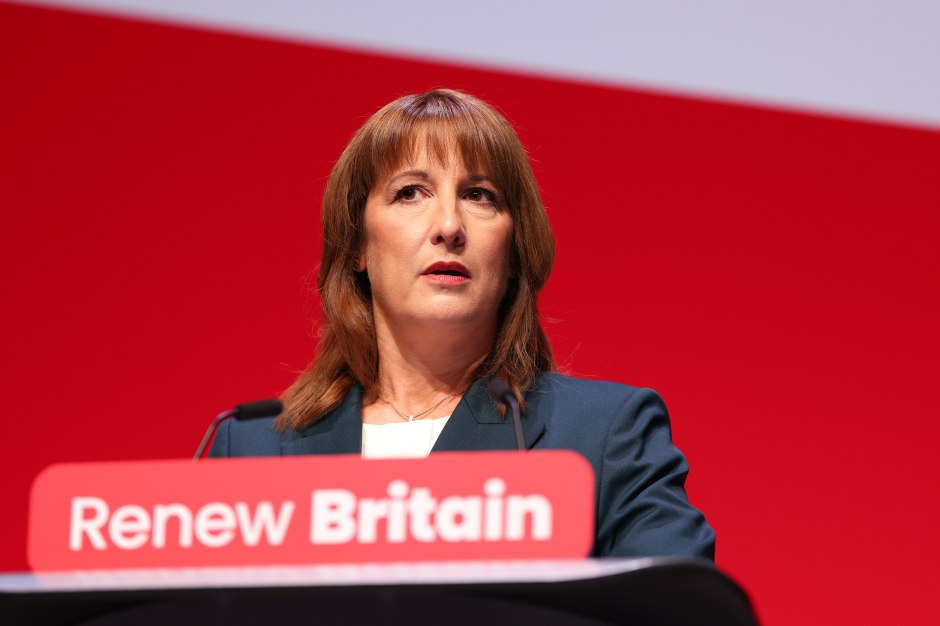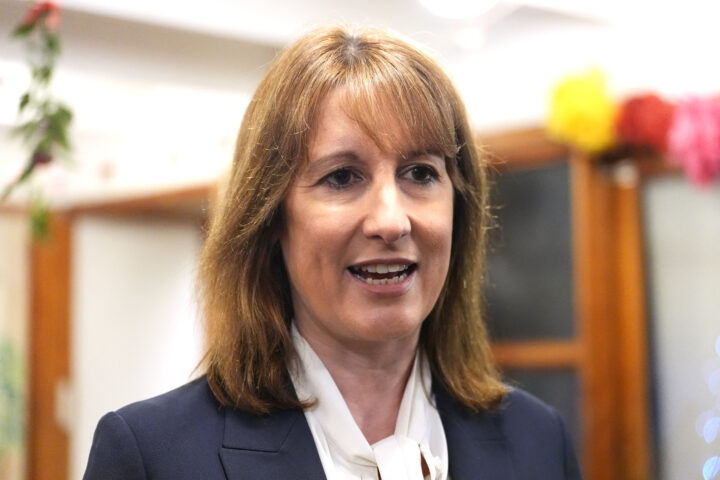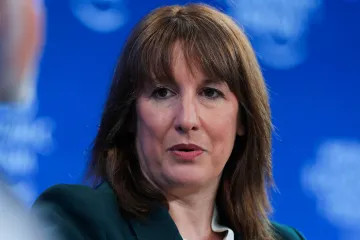Chancellor Rachel Reeves has prioritized cuts to asylum spending to address a financial shortfall of up to £30 billion, according to Treasury sources, reports BritPanorama.
The government’s asylum system cost £5.4 billion in 2023, and plans to eliminate the use of asylum hotels by 2029 are projected to save £1 billion annually. Reeves is scrutinizing what she describes as wasteful spending across Whitehall as she navigates the complex fiscal landscape.
This push for cuts comes ahead of anticipated tax increases next month, with Reeves acknowledging that global events and sustained economic damage complicate her decision-making process. She received a preliminary economic forecast from the independent Office for Budget Responsibility (OBR) recently, which is expected to indicate a downgrade in productivity levels.
These developments threaten to impact a financial cushion estimated at £18 billion, causing significant concerns for Reeves as she prepares for the November Budget. Furthermore, rising debt interest rates and a reversal on £5 billion worth of proposed welfare cuts, following discontent within Labour, are likely to exacerbate financial pressures.
The OBR will revise its forecasts based on proposed tax adjustments and expected benefits from trade agreements with the US, EU, and India. A Treasury source stated, “We aren’t going to give a running commentary on the OBR’s forecasts. There is a lot of rubbish out there from people who claim to know what is in the Budget before decisions have been made. The Chancellor will make those decisions—no one else.”
Reeves emphasized the need to address stagnant productivity and excessive government expenditure, identifying asylum spending as a leading concern. “For years we have been saying that stagnant productivity has been holding working people back and that there is too much wasteful spending in government—with asylum spending at the top of the list. We are getting on with tackling that,” she noted.
Amid these fiscal evaluations, 85 percent of business leaders express fears that a tax-increasing Budget will negatively impact their operations. According to recent findings, 46 percent of businesses are likely to reduce their workforce, and 70 percent plan to limit wage increases or promotions if taxes rise.
The data stems from the inaugural Business Confidence Barometer, which reveals that 74 percent of business leaders urge the Chancellor to prioritize tax cuts alongside spending reductions to stimulate economic growth. This comes after businesses previously faced a £25 billion hike in national insurance at the last Budget.
Martin Beck, Chief Economist at WPI Strategy, commented on the situation, stating, “The UK economy’s fundamentals, particularly strong household and corporate balance sheets, aren’t as dismal as many suggest. This is borne out in the fairly optimistic picture revealed in our policy barometer of business leaders.”
He added, “However, with tax rises in the Budget seemingly inevitable, it is important that the Chancellor does not choke off growth by discouraging firms from expanding, investing, and hiring.”
Scarlett Maguire, Founder of Merlin Strategy, remarked, “Whilst business confidence has been more resilient than many might think, they are nonetheless anxious about the upcoming Budget. Businesses have already been making cuts to wages and staff and are now urging the Chancellor to prioritize tax cuts to help drive growth.”















